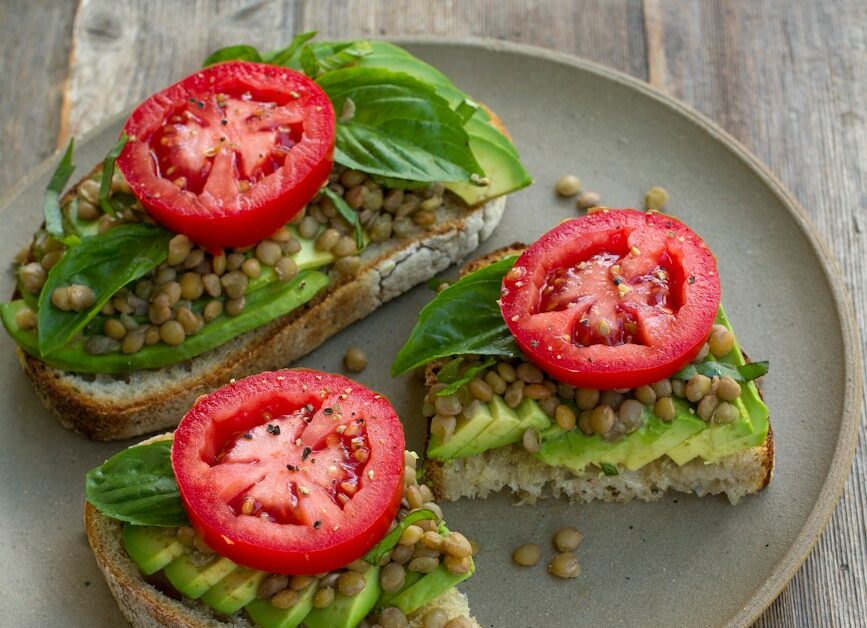How to Get Calcium as a Vegan?
Calcium is an essential mineral that plays a crucial role in maintaining strong bones and teeth, as well as supporting proper muscle and nerve function. While dairy products are often considered the primary source of calcium, vegans can also meet their calcium needs through a well-planned plant-based diet. By incorporating a variety of calcium-rich foods and ensuring adequate absorption, vegans can easily obtain the recommended daily intake of calcium without relying on animal products. Here are some effective strategies to get calcium as a vegan:
1. Include Calcium-Fortified Plant Milks
Plant-based milks such as soy, almond, and oat milk are often fortified with calcium and other essential nutrients. Check the labels to ensure they contain at least 120 milligrams of calcium per 100 milliliters. By incorporating these fortified plant milks into your diet, you can easily increase your calcium intake. Use them in smoothies, cereals, or as a base for hot beverages.
2. Consume Calcium-Rich Leafy Greens
Leafy greens are excellent sources of calcium and other vital nutrients. Incorporate vegetables like kale, collard greens, bok choy, and broccoli into your meals. These greens not only provide calcium but also offer additional health benefits such as antioxidants and fiber. For example, one cup of cooked kale contains approximately 94 milligrams of calcium, which is about 9% of the recommended daily intake.
3. Add Calcium-Set Tofu to Your Diet
Tofu, made from soybeans, is a versatile and nutritious food that can be easily incorporated into various dishes. Opt for tofu that is set with calcium sulfate, as it contains more calcium than other types. Half a cup of calcium-set tofu can provide around 200-400 milligrams of calcium, depending on the brand. Use tofu in stir-fries, curries, or even blend it into smoothies for a protein-packed calcium boost.
4. Snack on Calcium-Rich Nuts and Seeds
Nuts and seeds not only provide healthy fats and protein but also offer a good amount of calcium. Almonds, for instance, are an excellent source of calcium, with around 75 milligrams per ounce. Other calcium-rich options include sesame seeds, chia seeds, and flaxseeds. Snack on these nutrient-dense foods or sprinkle them on salads, yogurt alternatives, or oatmeal to increase your calcium intake.
5. Incorporate Legumes into Your Meals
Legumes, such as chickpeas, lentils, and black beans, are not only rich in protein and fiber but also contain a fair amount of calcium. For example, one cup of cooked black beans provides approximately 46 milligrams of calcium. Including legumes in your diet can help boost your calcium intake while providing other essential nutrients. Use them in soups, stews, salads, or as a base for veggie burgers.
6. Opt for Calcium-Fortified Foods
Aside from plant milks, many other vegan foods are fortified with calcium to meet the dietary needs of vegans. These include breakfast cereals, bread, orange juice, and even tofu. Check the labels to ensure they are fortified with calcium and consume them regularly to increase your calcium intake.
7. Enhance Calcium Absorption
While consuming calcium-rich foods is important, it is equally crucial to ensure proper absorption of calcium by the body. Here are some tips to enhance calcium absorption:
- Include vitamin D-rich foods in your diet, such as fortified plant milks, mushrooms, and fortified cereals. Vitamin D aids in calcium absorption.
- Consume foods high in magnesium, such as spinach, nuts, and seeds. Magnesium helps convert vitamin D into its active form, promoting calcium absorption.
- Avoid excessive intake of sodium, as high sodium levels can increase calcium excretion through urine.
- Ensure an adequate intake of vitamin K, found in leafy greens, as it plays a role in bone health and calcium utilization.
By following these strategies and incorporating a variety of calcium-rich plant-based foods into your diet, you can easily meet your calcium needs as a vegan. Remember to consult a healthcare professional or registered dietitian for personalized advice and to ensure you are meeting all your nutritional requirements.
